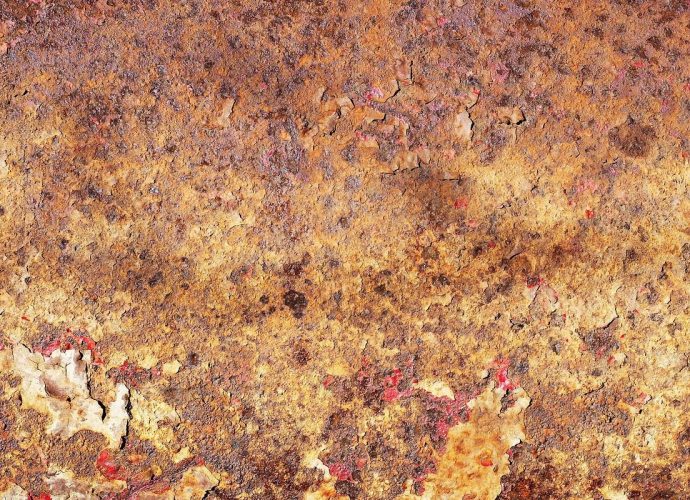How Do You Get Rid Of Warts On Your Neck?
Warts often go away on their own after your immune system fights off the virus. Because warts can spread, cause pain and be unsightly, your doctor may recommend treatment. Options include: At-home wart removal: Over-the-counter (OTC) wart removal medications, such as Compound W®, contain salicylic acid. Why am I gettingRead More →






